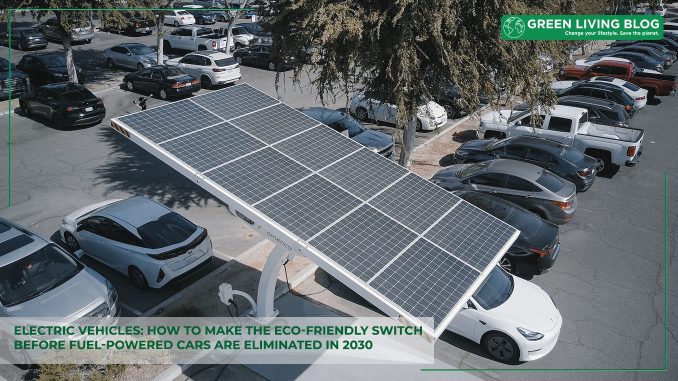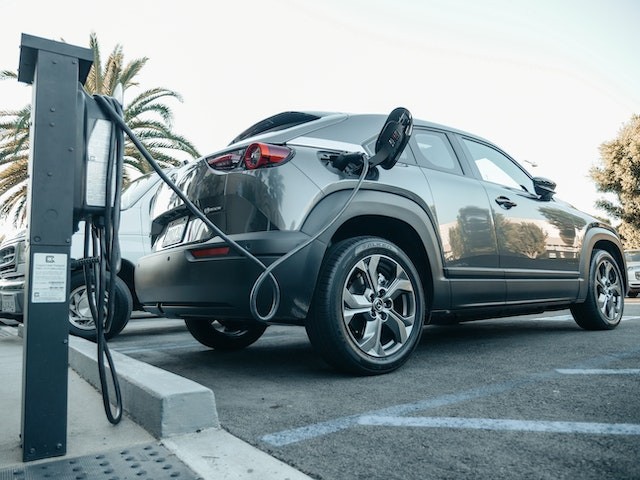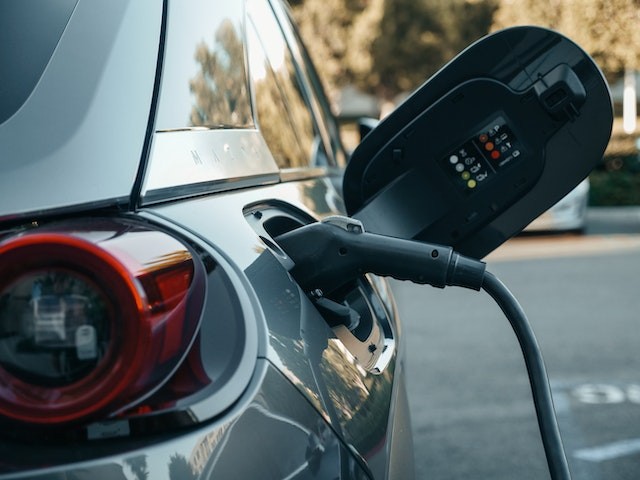
Have you been wondering whether or not to make the switch to an electric vehicle?
Or perhaps you can’t decide on the suitable car model for your needs. Either way, there is a lot to consider when going electric.
An increasing number of people choosing the electric option for their new cars will continue to grow in the coming decade. The UK government has stated that they will eliminate the sale of fossil fuel-powered vehicles by the end of 2030. So, now is the time to start thinking about making the switch.
There are several options for eco-travel to reduce your carbon footprint, and electric cars are at the forefront. Those who have the option may consider taking the bus or cycling as their main mode of transport.
But, for those who have lived for many years with the luxury of their vehicle, swapping their current wheels out for an electric version seems inevitable. If you have been considering the switch but don’t know where to start, that’s understandable.
Electric engines are a relatively new technology. If you are unsure, this guide will help you understand the electric vehicles’ ecological benefits and why you should go electric sooner.
Petrol & Diesel: The Cost of Finite Resources

With the rising fuel prices and petrol shortages, an increasing number of people are considering cutting their losses and switching to an electric vehicle. The reason for these rising fuel costs is a result of the increase in the cost of crude oil. As a limited resource, conventional fuelling methods always had a shelf life. We are now more aware than ever of the impact of extracting and burning fossil fuels on the environment. But, now that it impacts people’s pockets, more people are turning their heads to the alternative.
One aspect of electric vehicles that has the most impact is cost. Accessibility to electric cars is currently limited to those with a higher income. An electric vehicle will generally have a higher purchase cost than petrol and diesel. This is because lithium-ion batteries power electric engines. Turning raw lithium into a valuable material that can be utilized is complicated and takes a long time. This, unfortunately, raises costs. Thankfully as demand increases, production costs per car should gradually decrease and become more accessible to everyone.
Despite a higher initial cost, electric cars have much cheaper running costs, not to mention a maintenance and tax spending reduction for electric car owners. There are also incentives to encourage people to change their car to an electric one. The UK government issued the ultra-low-emissions vehicle grant to support those who wish to buy an electric vehicle but can’t afford the initial cost.
The Environmental Benefits of Electric Cars

Achieving net zero is high on the list of priorities currently. Governments worldwide are looking for ways to get there soon to avoid furthering the climate crisis. One of their methods is to help advance the production of electric cars. There is no bigger contributor to carbon emissions than fossil fuel. This is where electric vehicles are different. They produce zero emissions when the engine is running. This has countless environmental benefits. Production emissions must be accounted for, but, ultimately, they make for a much greener alternative to regular cars.
Continued engineering advances are making electric vehicles even greener options. Battery recycling is also advancing, so old lithium-ion batteries won’t have to go to waste if the car breaks and can no longer be driven. As our knowledge and experience with electric vehicles continue to develop, the environmental impact will continue to reduce. New renewable electricity sources are being implemented in many places, further reducing carbon emissions.
Why Renewable Energy is the Future

To avoid the worst possible consequences of climate change, we must half our greenhouse gas emissions by 2030. The biggest contributor to these emissions is currently fossil fuels, so removing these from the equation will have an enormous impact on our capacity to help the planet. EVs have provided a promising alternative to fuel-powered engines as they look and drive almost exactly the same way as a standard car.
Thankfully, the world has many renewable energy sources. We just need to utilize them better. Wind, sunlight, water, and waste all have the potential to fuel our future without releasing the same harmful gasses into the atmosphere as fossil fuels do. Our usage of these renewable resources must be increased and adopted by as many countries as possible to have the best possible impact.
Renewable energy has a multitude of benefits too. It is cheaper to produce, and at least one form of renewable energy can be accessed everywhere. As a relatively innovative science, effectively harvesting renewable energy will create job opportunities to help implement it worldwide. The environmental damage fossil fuels cause damage not only to the atmosphere but also to our health. Relying more on renewable energy will help to decrease air pollution, particularly in densely populated cities, keeping people safer.
Switching to an Electric Vehicle is Easier Than You Think

We’ve already discussed how electric vehicles pay off in the long run. Not to mention the considerable incentive from the environmental benefits of switching to electricity. However, people aren’t sure whether electric vehicles are worth it.
Changing from fossil fuels to electricity is more straightforward than you think. Charging points are popping up in many car parks and city centres, providing plenty of places to charge up. You can also install an electric car charging point in your own home. This does come at an additional cost; however, installing a charging point is surprisingly cost-effective. You can save money on your charging point with government-issued grants, providing you with the maximum level of convenience.
How Does the Driving Compare?

Costs and environmental impact are the most important features of an electric vehicle. It is also essential to consider what driving an electric car is like and whether it differs from a regular vehicle. For some, the appearance and performance of a car are at the top of their list, which is valid. Electric cars are expensive, so you want to ensure you enjoy driving them. Thankfully, there are many electric car models out there that perform outstandingly.
Electric cars have powerful motors with a great response. This means quick acceleration times. They have a much lower centre of gravity and a firmer suspension too. This is like sportier cars while maintaining the comfort of a larger vehicle. No two cars are the same, so their features will vary. We recommend you take a potential electric vehicle for a test drive before buying.
Should You Make the Switch?
Eventually, the switch to electric vehicles will be inevitable. They have lots to offer regarding environmental benefits and luxury feel, but whether you decide to purchase one soon is down to affordability. Don’t forget that grants are available to help support you financially.
Beginning to consider how you can change up your vehicle is an excellent place to start. Doing your bit for the environment and reducing your carbon footprint will have more benefits than you know. You also won’t have to sacrifice your car’s appearance or performance to see the benefits of electrical power. Consider the switch and do your bit to help the planet.
![]()


Leave a Reply
You must be logged in to post a comment.